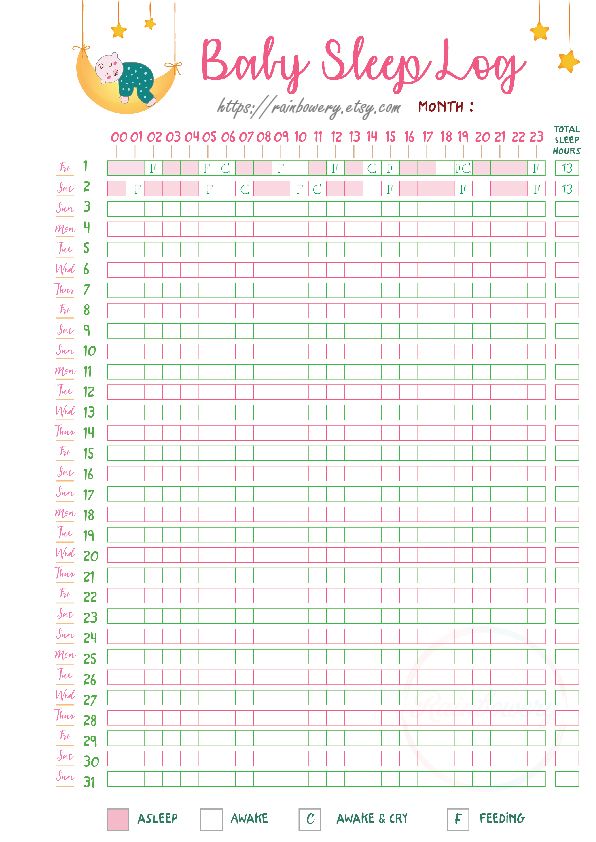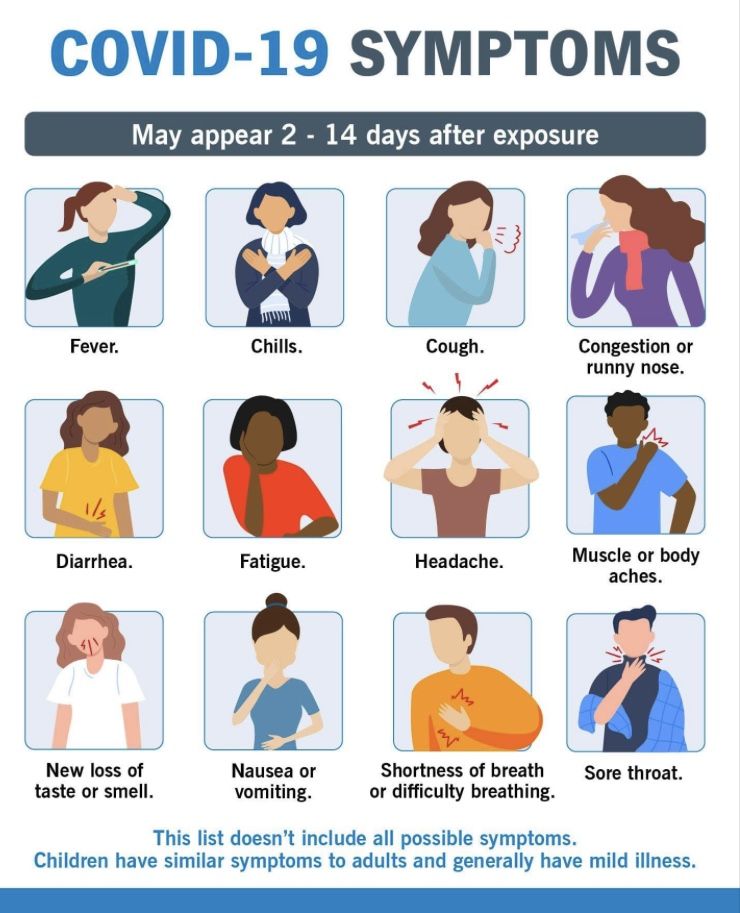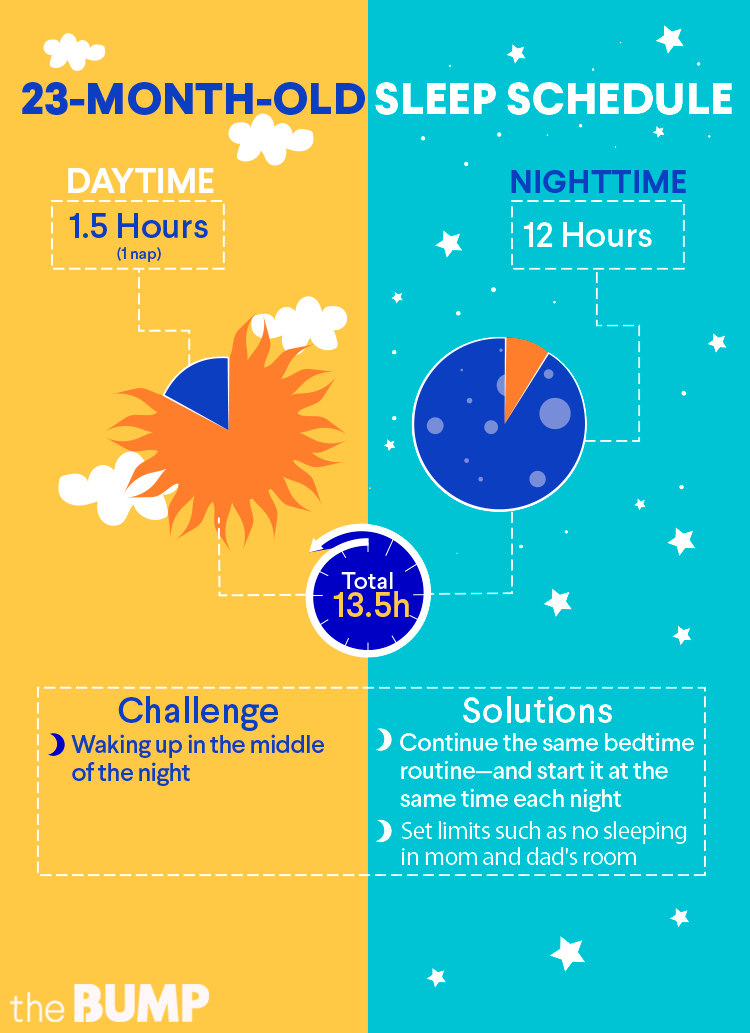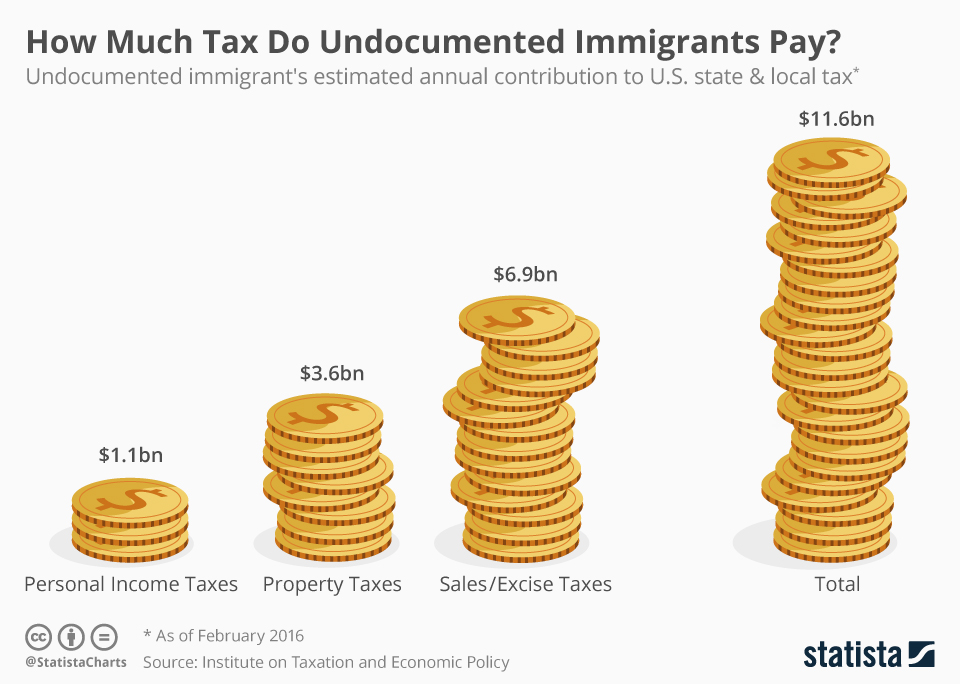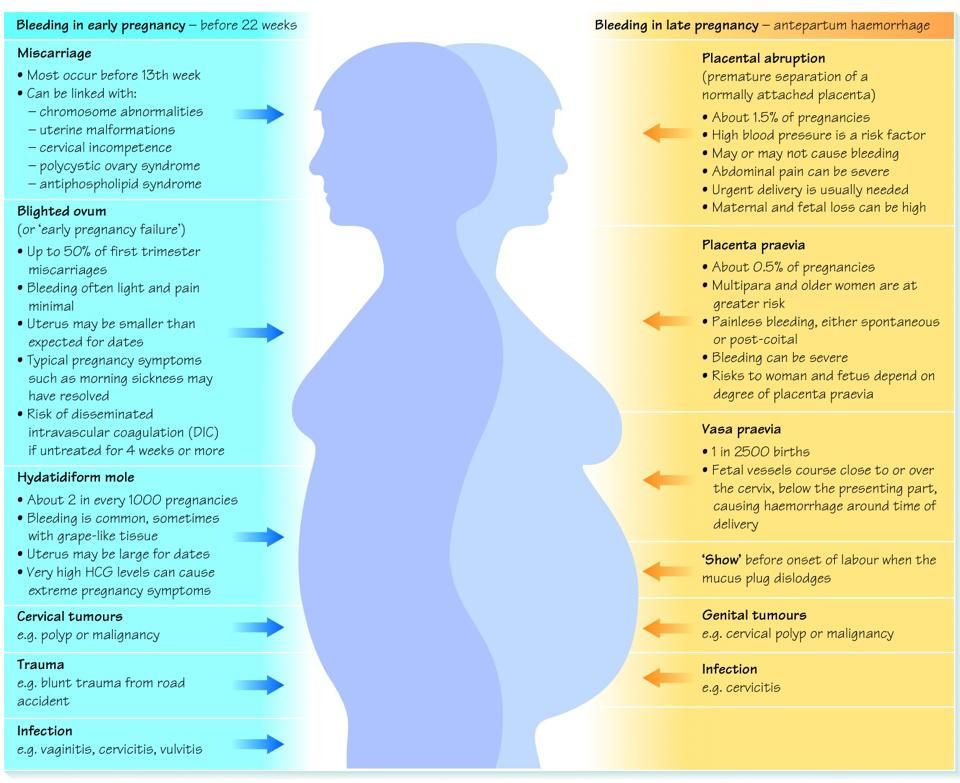Feeding and sleeping schedule for newborn
Newborn Baby Feeding and Sleep Schedule
When you understand your newborn’s sleep patterns and habits, you can start to establish a little more structure in your daily life and build a little more confidence in your decisions and actions during the baby’s first days.
While newborns can’t stay on a strict sleep or feeding schedule – mostly due to their many growth spurts in these early months – these sample newborn sleep and feeding schedules can guide you through these stages and make sure everyone is getting the sleep and nutrition they need.
Otherwise, you may be soothing a crying baby all day.
A newborn baby cries a lot more when they are over-tired, not sleeping enough, or hungry. In other words, getting him or her on a routine (even if it’s not a strict schedule) can be a life-saver!
Your newborn’s feeding schedule should be age-appropriate, and you should never withhold food from a newborn just to stay on schedule. A newborn sleep schedule is also often based on how long your baby can stay awake (not strictly by the clock), which is usually short in the newborn days.
Keep reading to discover what you can do to get started.
Skip to the schedules
Understanding Newborn Sleep Patterns
A baby is considered a newborn from birth until about 3 months of age.
During this period, your newborn’s sleep patterns will look nothing like yours.
Your baby will sleep in short bursts – anywhere from 30 or 45 minutes to 3 or possibly 4 hours – and then eat between periods of sleep.
In other words, the typical day/night sleep cycle doesn’t really apply to newborns. Some newborns come out of the womb with their days and nights completely mixed up!
This is called day/night confusion, and babies who struggle with it tend to sleep a lot during the day and then wake up frequently at night.
Many newborns also seem extra sleepy in the first week or two after birth and must be woken up to feed or drift off while feeding before getting their fill.
Eventually, though, your newborn will definitely “wake up” within three weeks after birth. This is when you will start to deal with more wakefulness. In fact, you may start to miss the early weeks of having a super-sleepy newborn!
This is when you will start to deal with more wakefulness. In fact, you may start to miss the early weeks of having a super-sleepy newborn!
Babies simply cry more often as they get a bit older (depending on temperament), but you will quickly learn how to soothe a crying baby.
Working with Newborn Feeding Schedules
Newborns feed very, very frequently, but this isn’t a problem that needs to be solved.
It’s perfectly natural!
Your newborn’s tummy is quite small. They simply need to fill it up regularly.
Formula-fed newborns may need to eat slightly less often than breastfed newborns because it takes a newborn’s tummy longer to digest and break down formula.
So babies tend to feel fuller for longer periods of time. Breast milk, on the other hand, is digested fairly quickly.
How much breastmilk or formula does your baby need?
Every situation is different, of course, but if your baby is formula-fed, you can use a fairly simple formula to determine approximately how many ounces your baby needs in a day.
Simply multiply your baby’s weight by 2.5.
For example, an 8-pound baby would need about 20 ounces of formula in a 24-hour period.
If your baby is breastfed, the general rule is that most newborns need between 20 and 30 ounces of breastmilk (and between 25-35 ounces once they’re past the newborn stage).
How often should you feed your baby?
In general, if you are exclusively nursing, it’s best to nurse on demand in the first few weeks after birth to ensure that your milk supply becomes well-established. In fact, in order to maintain your supply, you’ll need to nurse every 2 to 3 hours, on average.
Once your baby is past 3 months of age and is in the infant stage, that will slowly stretch into 5-6 hours, and then 7-8, and eventually right up to 10 or 11 hours once your baby is 9 months old or 10 months old.
Newborn Growth Spurts
Believe it or not, a lot is going on with your newborn baby.
So much growth and development is happening in that little body! Your newborn will very likely go through growth spurts at the following times:
- 7-10 days of age
- 2-3 weeks of age
- 4-6 weeks of age
- 3 months of age
During these growth spurts, it will feel like your newborn is feeding almost constantly (and like when she’s not feeding, she’s sleeping).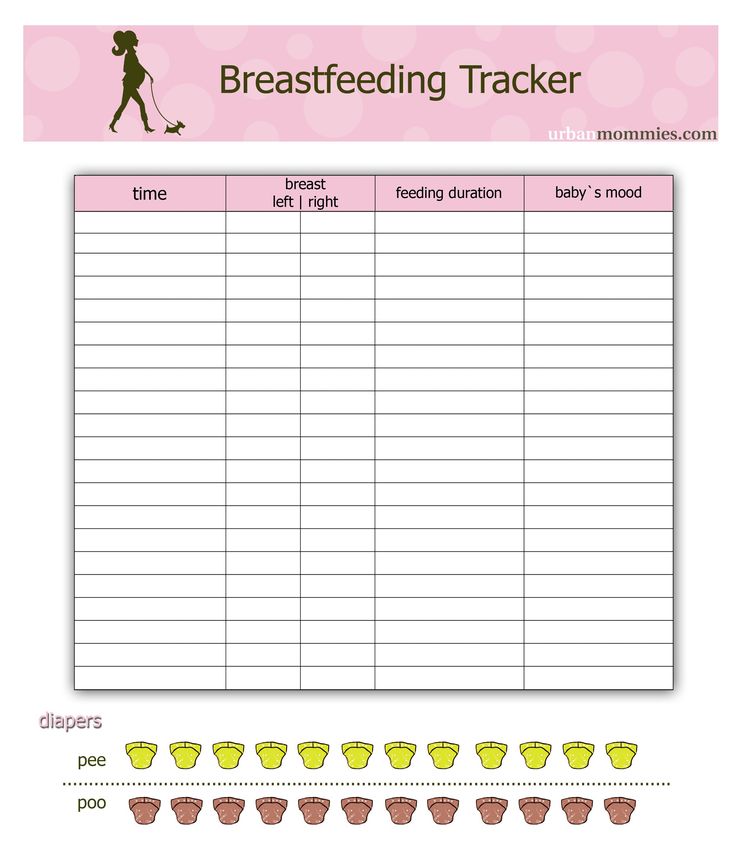 This is 100% normal – feed your newborn as often as she needs it, as the extra nourishment is important during the growth spurt.
This is 100% normal – feed your newborn as often as she needs it, as the extra nourishment is important during the growth spurt.
How to Create a Newborn Feeding and Sleep Schedule
Your unique newborn’s wake times and total sleep needs may vary from what is recommended below.
These schedules are based on averages, but your baby may need more or less sleep (or shorter/longer wake times) than what is listed here.
Remember, watch your baby’s sleepy cues closely (rubbing eyes, yawning, staring off into space, etc.), and let those guide the sleep schedule.
Remember, too, that if your baby is already fussing, he or she is already overtired. Try to get your child down for his or her nap earlier next time, before the fussing starts.
This schedule is best for babies who consume average amounts of breast milk and for moms who have average breast milk production and storage amounts.
| 9:00 AM | Wake and Feed* |
| 10:00 AM | Nap (30-60 minutes) |
| 11:00 AM | Wake and Feed |
| 12:30 PM | Nap (30-60 minutes) |
| 1:30 PM | Wake and Feed |
| 3:30 PM | Nap (30 – 60 minutes) |
| 4:30 PM | Wake and Feed |
| 6:00 PM | Nap (30 – 60 minutes) |
| 6:30 PM | Wake and Feed |
| 7:30 PM | Catnap (20 – 30 minutes) |
| 8:00 PM | Wake and Feed |
| 9:30 PM | Catnap (20 – 30 minutes) |
| 10:00 PM | Wake and Feed |
| 11:30 PM | Feed and Bedtime* |
| 3:30 AM | Feed and Right back to sleep |
| 6:30 AM | Feed and Right back to sleep |
* – We recommend you make these fixed points in your baby’s schedule.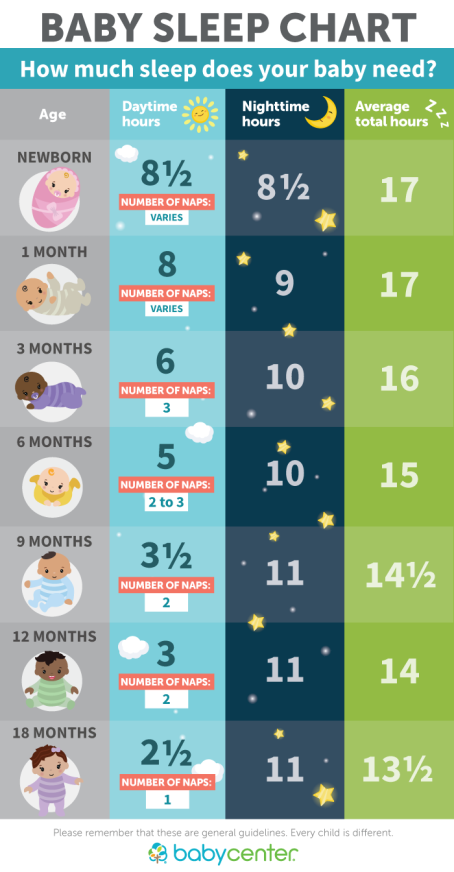 You can read more about this in our article on fixed points in a baby schedule.
You can read more about this in our article on fixed points in a baby schedule.
Babies who eat smaller amounts, babies with reflux, and moms who produce and store smaller amounts of breastmilk will need a different schedule. So will babies who eat larger amounts per feeding and moms who produce/store greater amounts of breast milk.
Schedules for those scenarios, as well as schedules for older, breastfed newborns, are available in our newborn book, Essential Keys To Your Newborn’s Sleep.
2-8 Week Old Newborn, Formula FeedingThis schedule recommends longer naps and fewer feedings than the breastfeeding schedule above, simply because formula is more difficult for baby to digest. So, babies tend to feel fuller longer and therefore need slightly fewer feedings.
| 9:00 AM | Wake and Feed* |
| 10:00 AM | Nap (60 – 90 minutes) |
| 11:30 AM | Wake |
| 12:30 PM | Feed and Nap (30 – 60 minutes) |
| 1:30 PM | Wake |
| 3:00 PM | Feed and Nap (60 – 90 minutes) |
| 4:30 PM | Wake and Feed |
| 6:00 PM | Nap (30 – 60 minutes) |
| 6:30 PM | Wake |
| 7:30 PM | Feed and Nap (30 – 60 minutes) |
| 8:30 PM | Wake |
| 9:30 PM | Nap (30 – 60 minutes) |
| 10:00 PM | Wake and Feed |
| 11:30 PM | Feed and Bedtime* |
| 4:30 AM | Feed and Right back to sleep |
| 7:30 AM | Feed and Right back to sleep |
* – We recommend you make these fixed points in your baby’s schedule.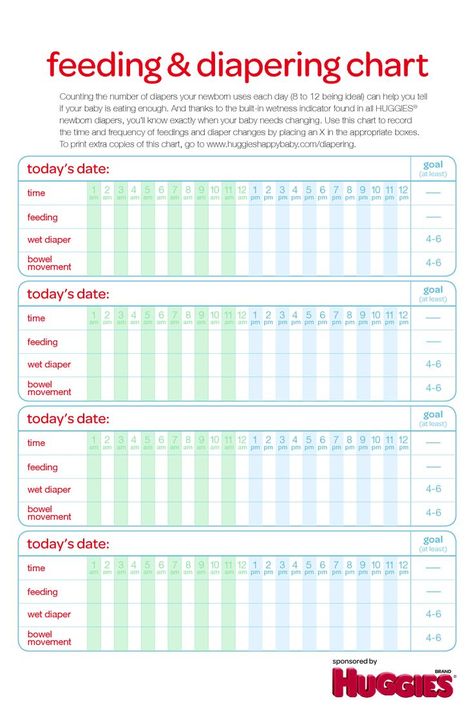 You can read more about this in our article on fixed points in a baby schedule.
You can read more about this in our article on fixed points in a baby schedule.
For formula-feeding schedules for older newborns, see our newborn book, Essential Keys To Your Newborn’s Sleep.
Additional Newborn Sleep ArticlesWant more newborn sleep tips? Check out our other newborn sleep articles:
- 7 Gentle, Natural Ways To Help Your Newborn Sleep Better
- How Much Your 1-Month Old Baby Should Sleep
- Establishing Healthy Sleep Habits In Your Newborn (Members Area tele-seminar)
- 10 Tips To Help Your Newborn Sleep
- What You Should Know About Newborn Sleep Patterns
- Essential Keys to Your Newborn’s Sleep (Members Area digital book)
- Why Newborns Are Fussy In The Evening (Besides Colic)
- Your Top 5 Breastfeeding + Sleep Questions Answered by an Expert (Members Area article)
Want FREE sleep help that you can put to use right away? Download a copy of our free guide, 5 Ways To Help Your Child Sleep Through The Night! The guide is available to download instantly, which means you can start using the techniques in it as early as tonight.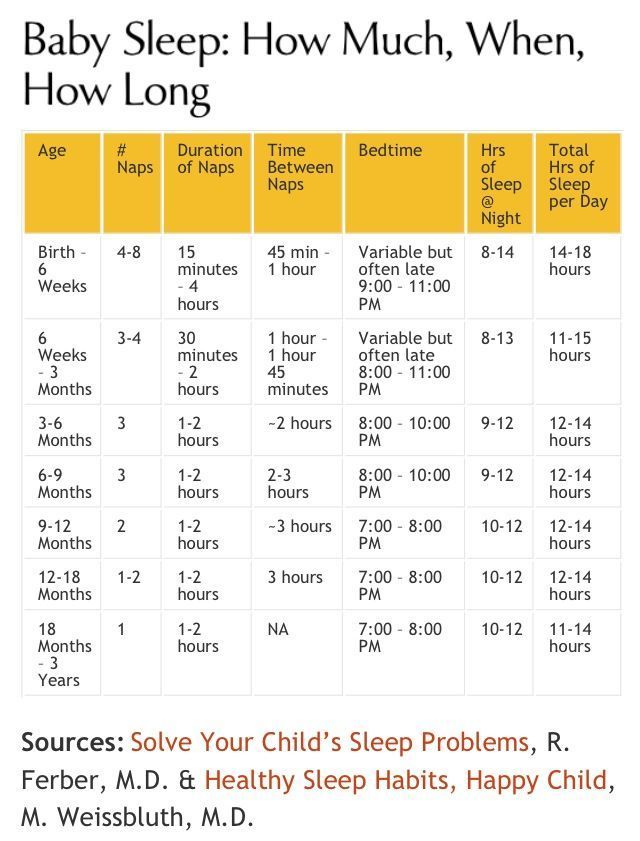 So download now, and learn why your baby is waking at night – and what you can do about it.
So download now, and learn why your baby is waking at night – and what you can do about it.
Click here to learn more about how to get your free guide.
A better night’s sleep could be just a few clicks away. So don’t wait – download now, and start your journey to better sleep tonight!
The Baby Sleep Site® is a participant in the Amazon Services LLC Associates Program and other product affiliate programs. If you click on a product link and make a purchase, The Baby Sleep Site® may (but not always) receive a small commission from the company selling the product, but will not affect your purchase price. We only recommend products that we believe are quality products and are good for our readers.
Need Newborn Sleep Help? We Have the Resources You Need!If you are tired of wading through stacks of baby sleep books that just aren't working, if you are beyond exhausted and just can't solve your newborn's sleep problems on your own.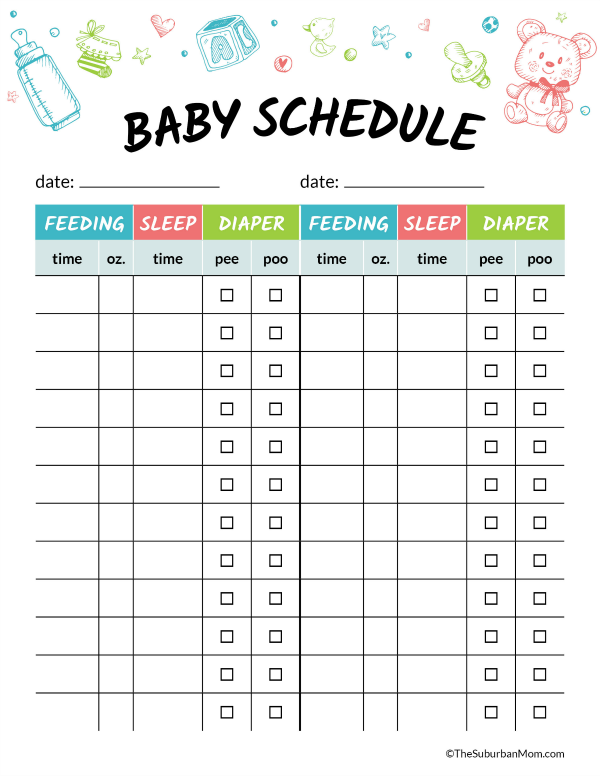 ..then personalized sleep consulting is for you. We have been around since 2008 and invite you to tap into 10+ years of experience. Our team of expert consultants will create a Personalized Sleep Plan® just for your family and then support you through every step of implementing your plan. We encourage you to consider our personalized, one-on-one baby and toddler sleep consultation packages if you want to see real, meaningful results now. Your consultation package also includes ample follow-up help, designed to help you troubleshoot problems and tweak your plan as needed.
..then personalized sleep consulting is for you. We have been around since 2008 and invite you to tap into 10+ years of experience. Our team of expert consultants will create a Personalized Sleep Plan® just for your family and then support you through every step of implementing your plan. We encourage you to consider our personalized, one-on-one baby and toddler sleep consultation packages if you want to see real, meaningful results now. Your consultation package also includes ample follow-up help, designed to help you troubleshoot problems and tweak your plan as needed.
For even more help getting your newborn baby to sleep, check out our e-Book, Essential Keys to Your Newborn's Sleep . At over 90 pages long (and containing a variety of sample schedules for breastfed and formula-fed babies from birth - 16 weeks), this e-Book truly is a one-stop resource designed to help your newborn establish healthy sleep habits, right from birth.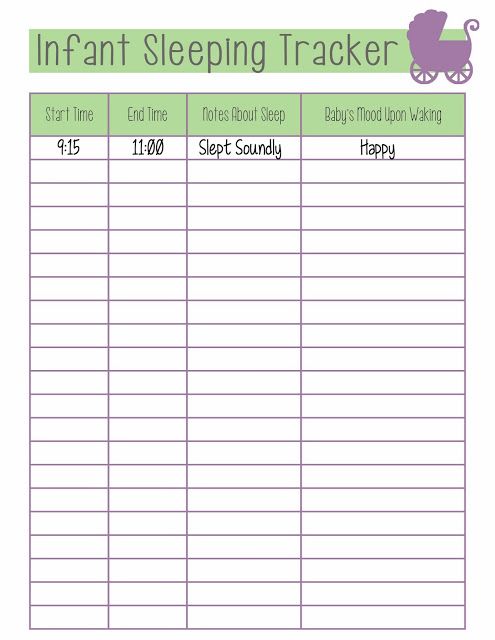 Whether you're a brand new parent or an experienced parents who needs to brush up newborn sleep basics, Essential Keys To Your Newborn's Sleep is a comprehensive and budget-friendly resource that will provide the information you need to work towards excellent sleep for your whole family, from day one. Grab your copy today!
Whether you're a brand new parent or an experienced parents who needs to brush up newborn sleep basics, Essential Keys To Your Newborn's Sleep is a comprehensive and budget-friendly resource that will provide the information you need to work towards excellent sleep for your whole family, from day one. Grab your copy today!
Or, join our VIP Members Area that will grow with your family. It's packed with exclusive content and resources: e-Books, assessments, detailed case studies, expert advice, peer support, and more and actually costs less to join than buying products separately! As a VIP member, you'll also enjoy a weekly chat with an expert sleep consultant. And the best part - members receive 20% off all sleep consultation services! This is a resource that will truly grow with your child: it'll help you through the newborn phase and prepare you for the months ahead.
The Ultimate Newborn Sleep Schedule: Week By Week
You’ve come to the right place for your newborn sleep schedule and sleep patterns.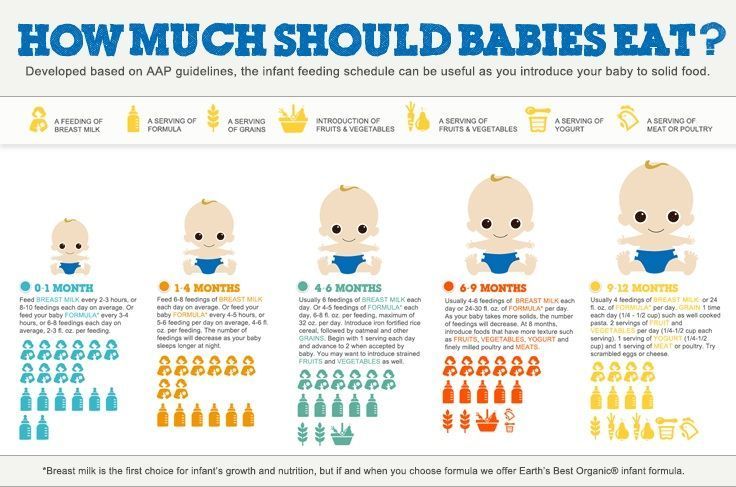 I will help teach you how to get your baby on a schedule, how much time in bed is actually needed, and day and nighttime solutions.
I will help teach you how to get your baby on a schedule, how much time in bed is actually needed, and day and nighttime solutions.
Table Of Contents..
- Week 1: What to do right out of the hospital
- Week 2: Fixing the day and night confusion and a 2 week old baby routine
- Week 3: Awake but drowsy and how it affects newborn sleep
- Week 4: How to get your newborn on a schedule
- Week 5: The feed that helps baby sleep longer stretches plus nighttime feeding recommendations
- Week 6: Choosing a morning wake time
- Newborn Sleeping & Feeding FAQ
When I was pregnant with my firstborn… I hadn’t babysat a child more than once or twice.
Much less a baby.
Much less a newborn that was as small as my forearm and was always hungry.
I read what I could, studied what I found, and now – as a mom of 5 – can safely say… getting your newborn to sleep well is totally possible.
I’ll show you how.
The Ultimate Newborn Sleep Schedule: Week By Week
There is some discussion as to whether a baby is a newborn for 28 days or up to 3 months.
For the purposes of my newborn sleep schedule and routine, I’m going to consider 6 weeks the newborn phase as it’s when you’ll do your most intensive cocooning.
Newborn Feeding Chart
Use this simple printable chart to track your feeds to make sure baby is fed, your supply is up, and everyone is well.
WEEK 1
In truth, during the first week there is one goal with regards to newborn sleep… encourage your newborn to take full feeds.
At one week old, of course, the baby doesn’t need to be put on a type of routine yet, but the best thing you can do for a one week old baby routine is to make sure they are taking full feeds.
Right now, at one week, they are learning how to feed, sleep, and be alive! By helping them take full feeds you will know they are full and satisfied.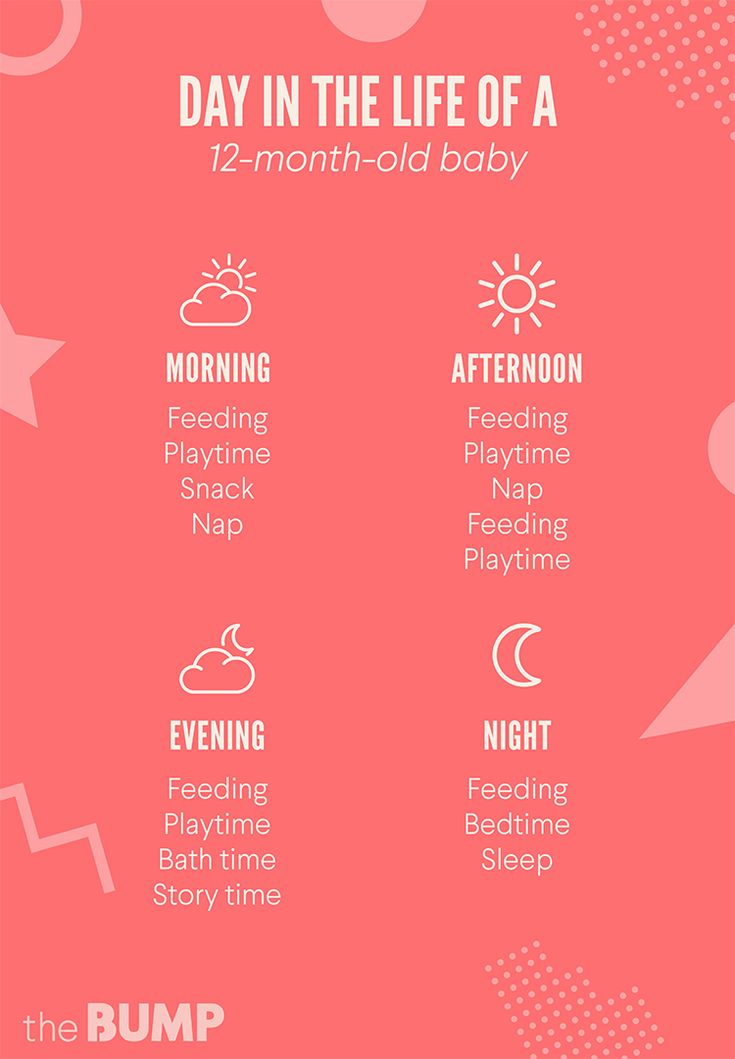
If they cry, whimper, or have discomfort an hour after a feed, you’ll know they aren’t fussing because they are hungry.
How to keep babies awake long enough to feed:
- Rub their feet and hands
- Wipe their forehead, neck, and face with a wet wipe
- Strip baby down to their diaper and un-swaddle or wrap them so they are not too warm and snug (Psst… here are beautiful nap and bedtime routine cards for your nursery)
- Burp thoroughly when you change nursing sides, or halfway through with the bottle
- Before a feeding, put your newborn on the ground for a little tummy time while you prepare to feed them, they’ll kick around and wake themselves up a bit
When you begin nursing, encourage your baby to take a full feed. This will vary depending on the baby, but it will not be 5 minutes, then falling asleep.
If your baby falls asleep after only a few minutes, gently rouse them and encourage them to continue feeding.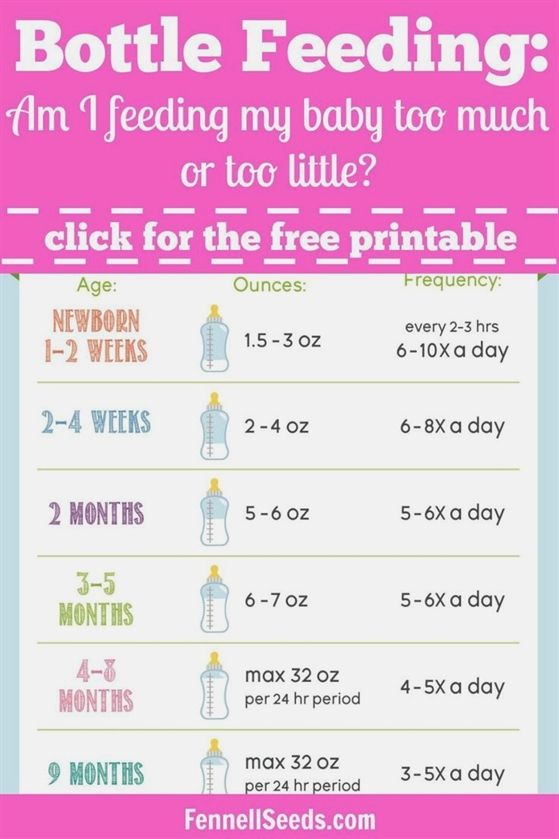
If you can get your baby to take full feeds for the first week they’ll naturally rest well, both day and night.
I know it can be super hard for you to get through this (emotionally and mentally), but you will get through it. You’ll likely do some contact napping during this period as well, which is precious and sweet in this early phase.
There’s a tendency to just let baby feed for a few minutes here and there and sleep here and there. This feels natural, but if you are a first time mom particularly it’s very hard to begin to understand baby’s cues.
Why?
Because baby seems to be fussing a lot and then falling asleep a lot and you don’t know when they’re tired or when they’re hungry. THIS IS WHY routines (even loose ones) are so beneficial to baby and mom.
Baby doesn’t need to cry to make their needs known if they are just well fed and well slept from the get go.
Sample One Week Schedule:
- 7:00 am – full feed, burp, diaper change, wake up and play time
- 8:10 am – wind down routine, down for nap
- 9:30 am – baby wakes up, full feed, diaper change
- 10:45 am – wind down, down for nap
- 12:00 pm – baby wakes up, full feed, “play time”
- 1:30 pm – wind down, down for nap
- 3:00 pm – baby wakes up, full feed, “play time”, bath time, family time, etc.

- 4:15 pm – wind down, down for nap
- 5:30 pm – baby wakes up, full feed, sits with family for dinner in infant seat or mom’s lap, family time
- 7:30 pm – cluster feed (tips on that here), wind down, down for nap
- 9:30 pm to 10:30 pm – dream feed (how to do that and when) (swaddled, of course), immediately back down to bed
- Night feeds throughout the night as baby wakes up
Read These While You’re At It
WEEK 2
By now you are probably well and truly exhausted. And, if your baby has their days and nights all turned around, even more so.
Maybe you’ve even fallen prey to the biggest baby sleep myth I can think of. That of – keeping baby awake so they are tired and will sleep more. This is not the case.
While newborns do have a strong homeostatic drive (a drive to go to sleep), they will have a hard time falling asleep and staying asleep if they are overtired.
They’ll get into the dreaded overtired cycle which is when they’re too tired to eat well and too hungry to sleep well.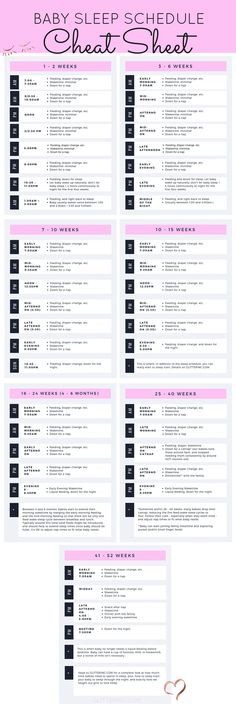
With your 2 week old baby, if you keep working on giving baby full consistent feeds (probably every 2 to 3 hours), you can also begin working on their day/night confusion.
Sounds scary?
It doesn’t have to be!
Nap Times Cheat Sheet
Learn how to space naps, how many a day per age, best times, etc. and get your nap game ON!
How to clear up day and night confusion:
- During the day when baby is awake and feeding, open windows, turn on lights, and keep things very bright
- At night, 8:00 pm and later, do all feeding, hugging, cuddling, diaper changing, in very dim or dark conditions
- After feeding your baby during the day, attempt to keep them awake for at least a few minutes by singing, cooing, playing, and bonding
- If your baby seems fully awake in the middle of the night, try turning on very bright lights which will cause baby to shut their eyes (I’ve heard good things about this trick)
- Don’t allow more time than 3 hours between feedings during the day, even if they are still sleeping.
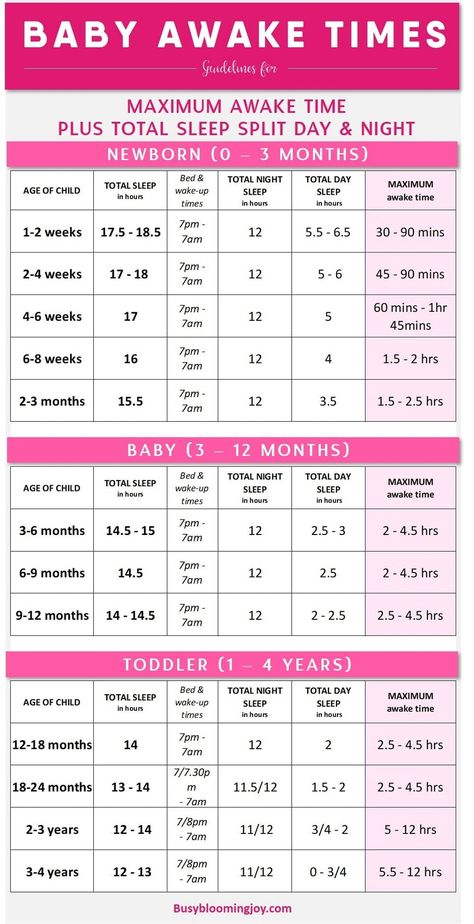 Wake them up and feed them again if they continue sleeping. You don’t want a 5 hour stretch to happen during the day, you want it to happen at night
Wake them up and feed them again if they continue sleeping. You don’t want a 5 hour stretch to happen during the day, you want it to happen at night - At night, feed them whenever they wake up and are hungry, but let them determine how frequent that is
- At night, avoid stimulating, playing, cooing, singing, or any other behaviors that will encourage baby to stay awake
- Work on your swaddling with these helpful tips.
At this point your baby is getting the hang of the outside world and you are getting the hang of this period.
Newborn Settling Guide
Tried-and-true *hands on* newborn settling strategies that even the most fussy (or wide-awake-sleep-refusing) newborns cannot resist!
Learn More
Pro Tip
If baby is napping quite long stretches during the day, then saving his fussiness for night…. this could be day/night confusion.
I have had a few babies who would sleep well all day for naps and then would have a two hour stretch at night where they were fussy and not able to be consoled.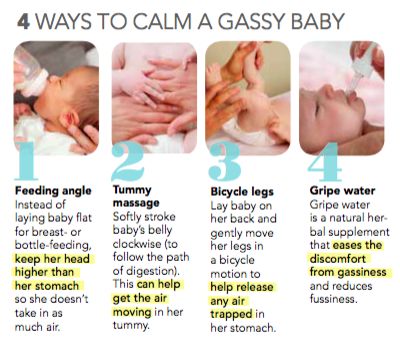
This was day night confusion.
I kept on having the baby take shorter naps during the day and making sure they saw lots of sunlight, etc. and within a few days the day night confusion had sorted itself out.
Continue feeding your baby full feeds as you look forward to the next week or two when a more routine day can be expected for both you and baby.
WEEK 3 of the Newborn Sleep Schedule
Now that your baby is about 3 weeks old and is getting the hang of full feeds and has their days and nights mostly fixed, it’s time to start thinking about teaching your baby to fall asleep on their own.
Why worry about this so early?
Here’s why… because they are probably already doing it at this point and their drive to sleep is still strong.
2 and 3 week old babies often go to sleep on their own without much fuss, and if you want that to continue then now is the time to start good habits.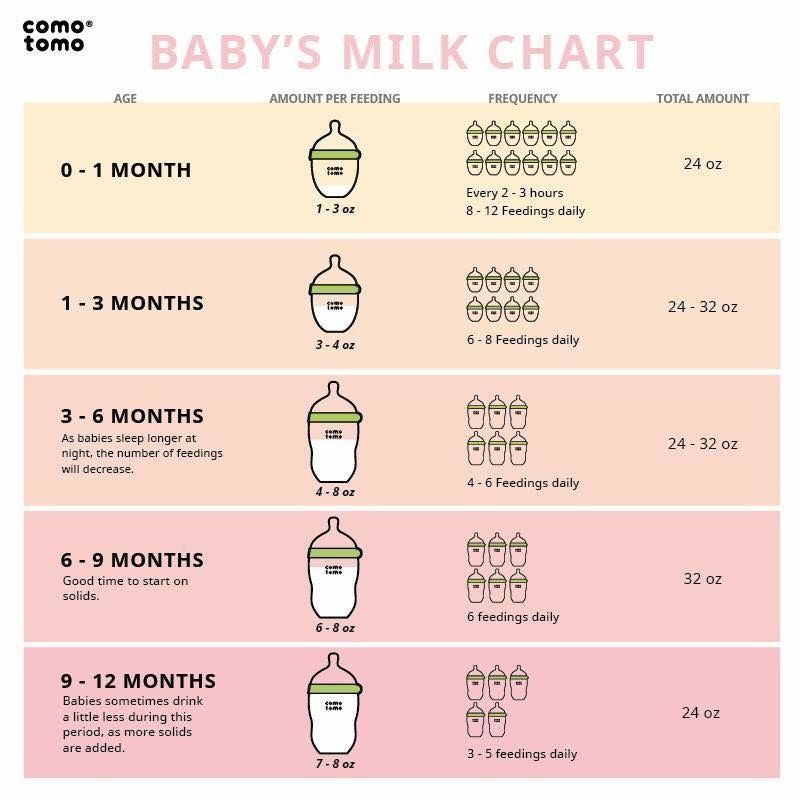 Some babies won’t fall asleep in the bassinet, but you can help achieve this without much fuss.
Some babies won’t fall asleep in the bassinet, but you can help achieve this without much fuss.
As babies get bigger they’ll stop this and that’s when you get in a pickle. Moms find themselves victim of the nap trap with no end in sight.
Having to jump through hoops and use newfangled vibrating equipment, washing machines, and cars to get baby to sleep.
Baby Sleep Cards & Checklists
These lovely cards and checklists will help you create and keep healthy wind down and sleep routines for your little ones.
Learn More
A note on sleep patterns and cycles
Within the first 6 weeks after birth, babies typically take a nap between their 2 or 3 hourly feeds.
For the first three weeks of a baby’s life, they are relying on maternal melatonin to help them prepare for sleep and their drive to sleep (homeostatic) is strong.
Sleep cycles typically last about 45 minutes to an hour for newborns.
0-10 minutes they start to fall asleep, 10 to 20 minutes they are getting into deeper sleep.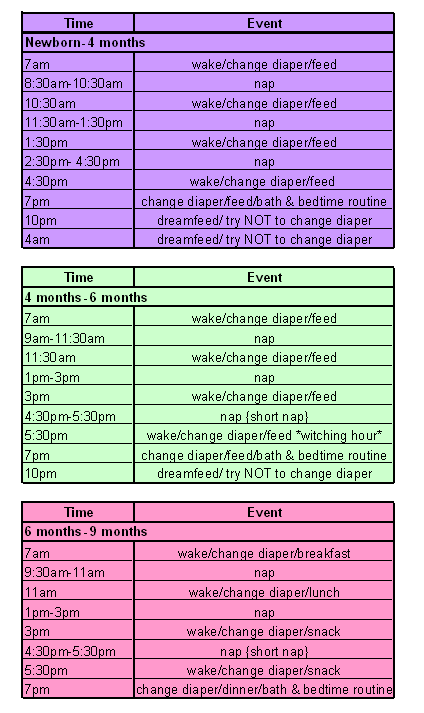
20 to 30 minutes they are heavily asleep, 30 to 40 minutes they are coming out of heavy sleep, and 40 to 50 or 60 minutes they are in light sleep and easy to wake up.
This is why if you help baby to sleep by patting or shushing, but only do it for 5 minutes, baby wakes up or cries.
It’s because they are not yet in deep sleep.
@amotherfarfromhome Are you doing this right? #babymommas #momminghard #babysleepconsultant #babysleepingtips #momlifeproblems #sahmof5 #sahmoms #stayathomemommylife #athomemom #athomemoms #youngmomproblems #momofbaby ♬ FEEL THE GROOVE – Queens Road, Fabian Graetz
How to get your newborn to go to sleep on their own:
- Do not let your little one get overtired (more on that here)
- Learn the fine art of putting your baby to sleep awake but drowsy.
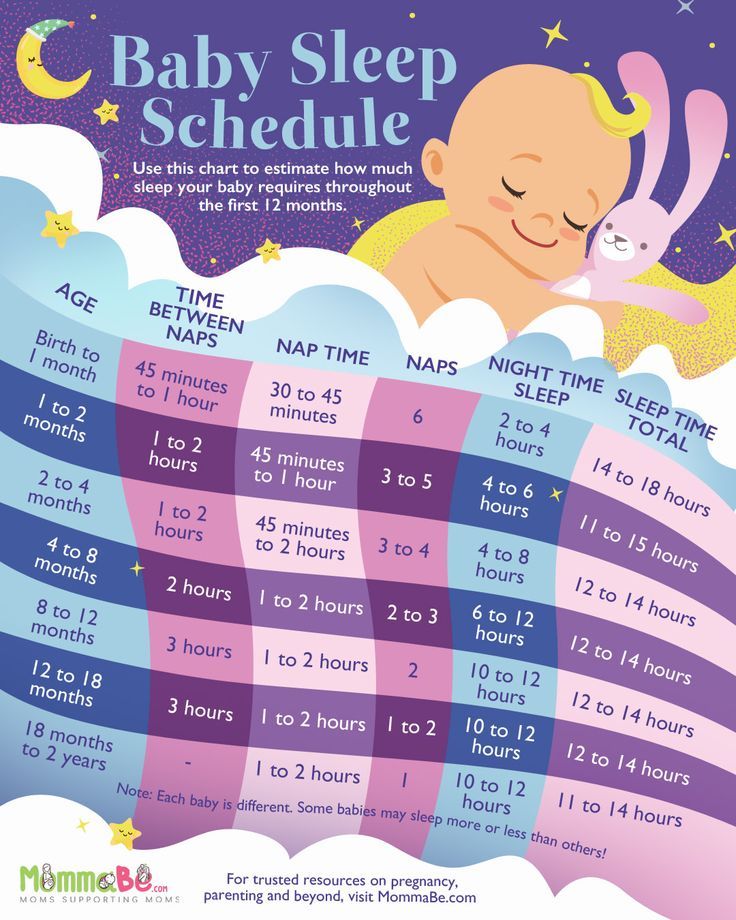 This means before your baby has fully conked out, but while they are yawning, doing the “eye roll” or rubbing their eyes, you can set them in their crib to do the final hard work of falling asleep on their own
This means before your baby has fully conked out, but while they are yawning, doing the “eye roll” or rubbing their eyes, you can set them in their crib to do the final hard work of falling asleep on their own - Give the baby a pacifier. This is one of the best ways to help your baby learn to calm down on their own. The pacifier also becomes a positive sleep association (here’s what sleep associations are and do) and gives your baby a way to soothe themselves into sleep. This is my preferred pacifier because it rarely falls off and by 3 months babies can hold it themselves.
Sleep Little Lamb
Create sustainable sleep habits for your little lamb so the whole family can sleep peacefully without the stress, drama, and tears.
Learn More
- Perfect your naptime or bedtime routine (effective quieting routines can be found here) as another positive sleep association. Songs, rocking, hugging, and patting are great ways to help baby calm down.
 Diaper change, lights down low (even in daytime), and white noise communicate “sleepy time.”
Diaper change, lights down low (even in daytime), and white noise communicate “sleepy time.” - When baby is well fed, changed, and not overtired, simply put the baby in their own crib while they are drowsy and let them learn to fall asleep on their own. They will likely stare off into space for a time, if not fall right to sleep. This is okay. This is right!
- In the meantime, you can even help them to sleep in and take longer naps.
Next, we’ll talk about finding and crafting a good routine for a baby that meets all their needs in a timely way that encourages full bellies and rested babies.
Newborn Sleep Schedule SUMMARY
Download and keep this handy to make sure you are prepared for the weeks to come.
WEEK 4 the of Newborn Sleep Schedule
Now that both you and baby are good and used to one another, it’s time to find a mutually beneficial routine and get your newborn on a schedule.
A routine that serves the needs of your infant for nourishment, sleep, and lots of mommy bonding.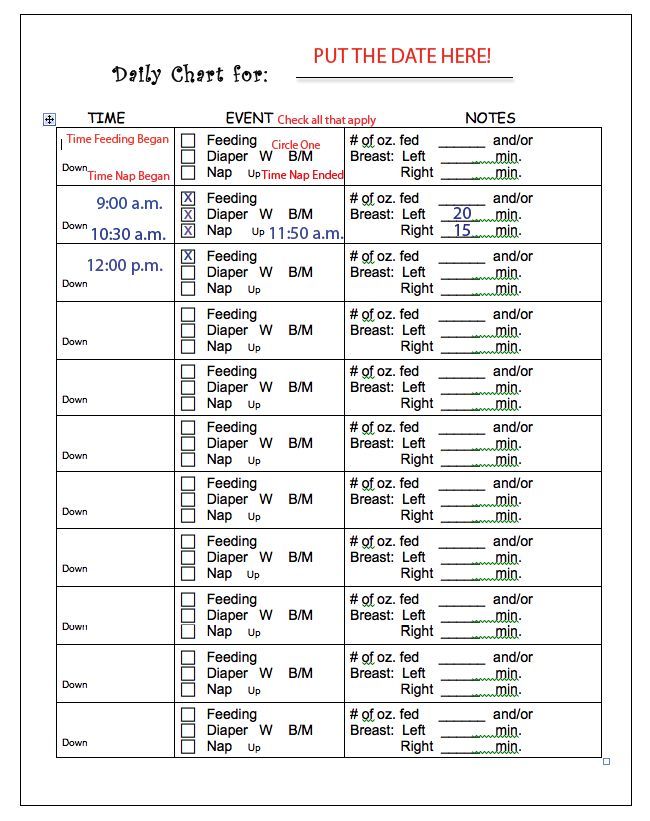
As well as a routine that allows mom to take care of herself, meet the needs of other children, and maintain a working and functioning home without compartmentalizing your life.
How to find a good rhythm, routine, or schedule:
- Determine the average time between feeds. If your baby usually goes between 2.5 to 3 hours between feeds, create a routine based on those times.
- Start your day at a consistent time. Choose a time each morning (say, 7 a.m.) and feed the baby every single day at that time. Soon your baby will sleep until 7 and that’ll be your normal start to the day.
- Write down a feasible schedule that allows 2.5 to 3 hours between feedings with nap times in between each feed. See my sample newborn routine with all its times here.
- Make sure general feeding times don’t coincide with other major activities you can’t change like car pickup, dinner time, or the bedtime routine of older children. Of course, you’ll have to be flexible, but take these times into consideration and attempt to feed before or after those events.
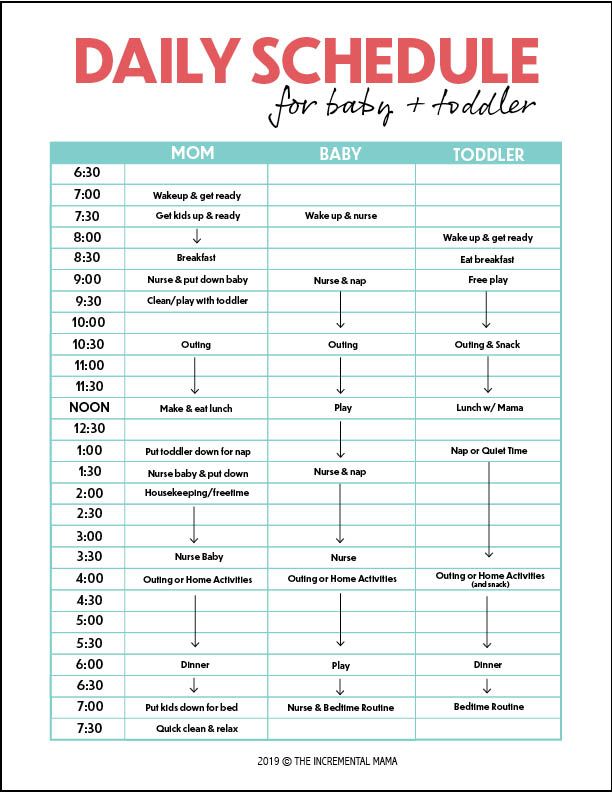
- Cluster feed during the late afternoon early evening, more on that here.
- Get the baby sleep routine cards, the baby sleep checklists, AND all 25+ routines for babies aged 6 weeks to 5 years right here.
- Make sure to wake baby up to maintain your routine during the day. Don’t let baby sleep for 4 hours during the day because, inevitably, she’ll need to feed twice during that period at night to make up for it. At night, let the baby sleep as long as they are able between feeds. You determine day, they determine night.
If you still have questions about how to craft a routine, here are my routine archives full of practical tips age by age.
The joy of a routine…
The joy of a routine cannot be understated.
And the main reason routines “fail” is because the mother just doesn’t like them and doesn’t follow through.
Babies, on the other hand, love them.
If you keep a good rhythm or routine then you’ll quickly (within weeks or less) learn to decipher hunger cries from tired cries from gas and pain cries.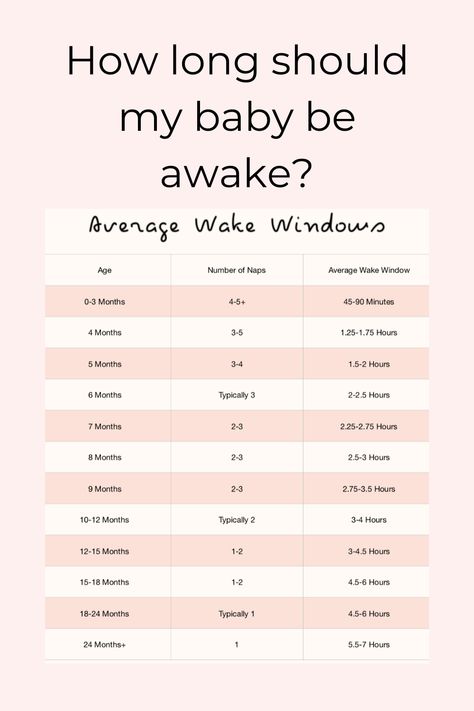 I’m serious. Routine helps you say… “Hmm, baby fed 45 minutes ago so it isn’t hunger (if you did full feeds!) so must be gas.”
I’m serious. Routine helps you say… “Hmm, baby fed 45 minutes ago so it isn’t hunger (if you did full feeds!) so must be gas.”
Then you burp and VOILA. Baby is comfortable again. Or, baby wakes up crying and you look at your watch and see.. “Oh, it’s been 3 hours… baby is ready for a feed!”
If you do no routine and just feed for 4 minutes all day long you never know what baby actually wanted.
Sample 4 Week Old Baby Sleep Schedule
- 4:30 am – feed baby swaddled (no lights on), put immediately back down to sleep
- 7:00 am – wake up, feed unswaddled (here’s why) in well lit area, play time
- 8:15 am – wind down routine, down for nap awake but drowsy (first nap of the day is the most important!)
- 10:00 am – wake up, full feed unswaddled, play/bathe/errands/ tummy time
- 12:45 pm – wind down routine, down for nap
- 2:45 to 3:00 pm – wake up, full feed, play/family time
- 4:15 pm – down for nap
- 5:30 pm – cluster feed, bath/family time / sit with family at dinner
- 6:30 pm – cat nap
- 7:00 pm – get baby up, wind down routine
- 7:30 pm – cluster feed (what that is, here) swaddled then immediately down for nap
- 9:30 pm to 10:00 pm – feed again swaddled, put immediately down to sleep
- Feed at night as baby wakes up
WEEK 5 of Newborn Sleep Schedule
The dream feed is one of the most important feeds of the day.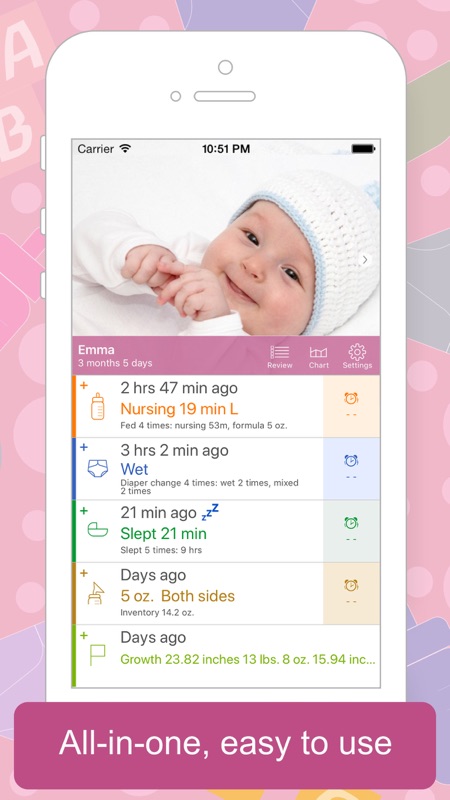 Or night, rather.
Or night, rather.
Why?
Because it’s what will help baby get a longer stretch of sleep through the middle of the night and it’s what’ll help you do the same!
A dream feed is essentially a feeding you give the baby between 10:00 pm and 11:00 pm or so, right before you go to sleep.
It helps “top the baby off” so to speak and will hopefully allow you both an extra hour or two of uninterrupted sleep.
This feed is important because it works to fill the baby’s tummy during early evening hours so they learn to sleep long stretches.
It is also the last feed you’ll likely drop.
When you have only one nighttime feed left (and your baby is sleeping until your desired morning time) this will be that feed.
28 Things To Do If Baby Won’t Sleep CHECKLIST
Here’s a handy dandy list of 28 things to try so baby will stop fighting sleep and sleep longer and later.
Dream feed Basics:
- Baby will not likely wake for this feed since they’ll have had a couple of feeds just a few hours earlier in the night.
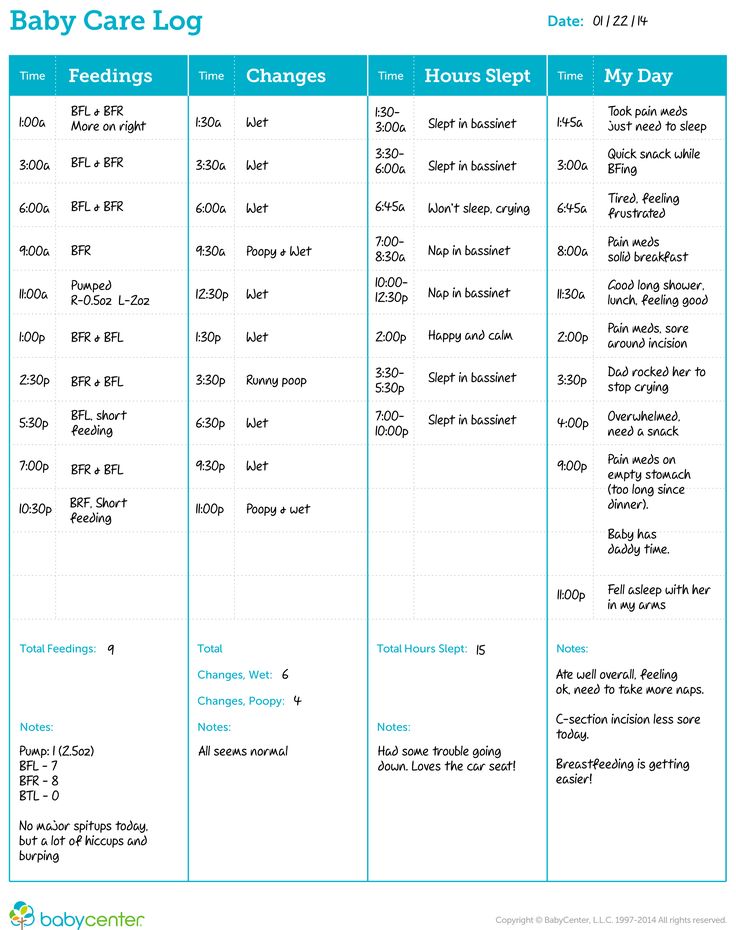 This means you will wake the baby, likely right before you go to sleep, and feed her.
This means you will wake the baby, likely right before you go to sleep, and feed her. - Babies can be historically sleepy at this feed and not drink very much. When you wake baby, do a diaper change, re-swaddle, and try to feed the baby as much as they’ll take. If they nod off after a few minutes, use a wet wipe to wake them up and get them drinking again.
- If your baby won’t wake up, wait 20 minutes and try again.
- Feed in a dim or dark room so baby does not associate this feed with stimulation, but simply feeds half asleep then goes back down in their crib fast asleep. These are part of a basic calming quieting wind down routine.
- This feed will be maintained until baby is sleeping fully through the night until morning. And I don’t mean 5:00 am. I mean 6:00 am or later. You’ll drop early morning feeds and be left with the dreamfeed. When you feel confident your baby can sleep through the entire night without milk, then you drop this feed.
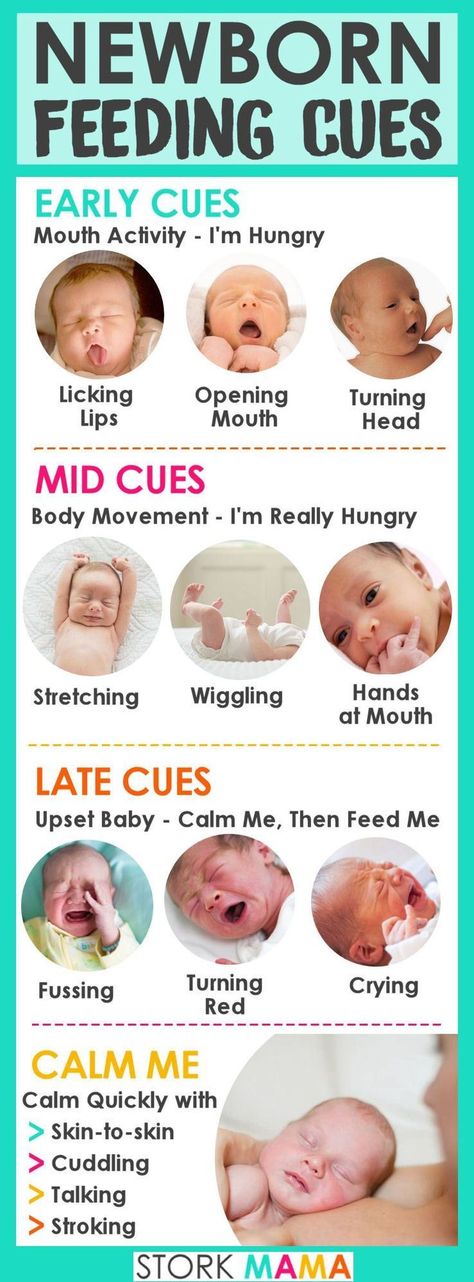
This feed may be tricky to get the hang of since baby is so drowsy, but it’s worth its weight in milk.
Erm, gold!
- White noise machine
- Swaddle that allows diaper changes without unswaddling
- Pacifier to help baby settle between feeds and at rest times
WEEK 6 of Newborn Sleep Schedule
Morning wake times.
This is one of the most important habits you can start with your 6 week old baby. Why decide a morning wake time?
Well… it’s simple.
If you feed them at a consistent time each morning, that’s the time they learn to sleep until.
So, if you feed your baby at 5:30 am and then start the day… their metabolisms and body clocks will get used to waking up for good at 5:30 am.
You probably want to avoid this.
How to choose a morning wake time:
- Choose a time that is suitable to your family routine and consistently feed them at this time.

- Every morning, aim to feed your baby at this time even if they’ve fed as soon a 1.5 hours before.
- If need be, gently rouse your baby up around 4 or 4:30 am and feed them as full a feeding as they will take, then wake them up again at the time you’ve determined is their “morning wake time.”
- And, if they wake earlier than this time but are not crying for milk, cuddle, hold, play with, and rock baby until that time comes. If the baby is extremely hungry, feed baby of course. Try to get a full feed in there and then get back on routine throughout the day.
- Remember consistency is key. Your baby’s body will get used to eating at a certain time and will slowly but surely start sleeping a lot closer to that time.
At this point your baby takes full feeds, has a good routine, is learning to put himself to sleep, and has established dream feeds and morning wake times.
You are nearly there! You are a newborn sleep pro!
If you are going back to work at this point, you may want to teach your baby to sleep well at someone else’s house.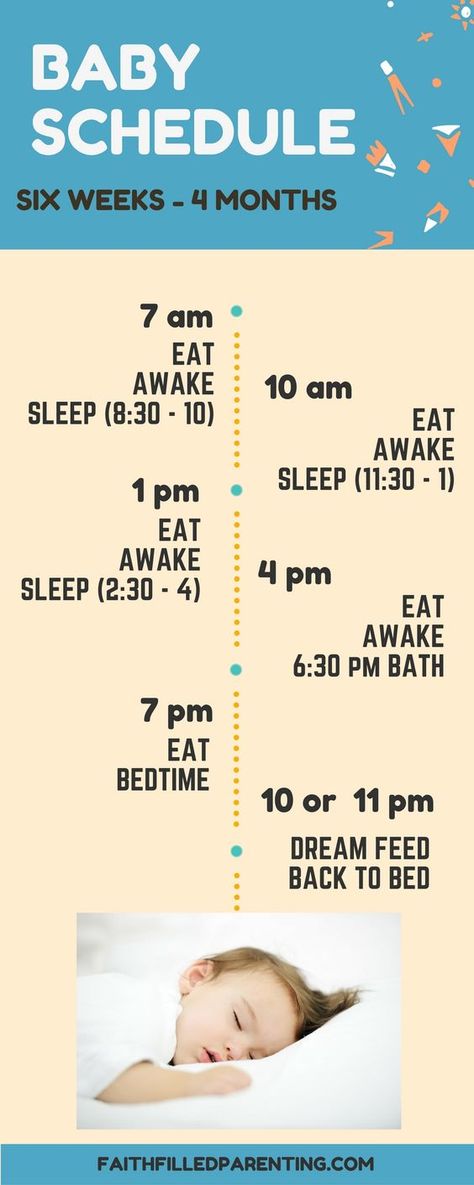
Sleep Little Lamb
Create sustainable sleep habits for your little lamb so the whole family can sleep peacefully without the stress, drama, and tears.
Learn More
Reasons newborn babies cry
- They are hungry and need to feed (make sure you are offering full feeds, otherwise baby will snack and you’ll find it difficult to differentiate a hunger cry from another cry)
- They are tired and need to nap. Essentially newborns nap between each feeding. If baby has been up more than 1.5 hours then they are tired, and likely overtired.
- They are physically uncomfortable. Baby may have a wet diaper, dirty diaper or be too hot or cold. Generally, newborns need about one more layer than we do!
- They have reflux and it’s uncomfortable. You will see your pediatrician, of course, for this, then use the information here to keep baby as comfortable as possible until they outgrow this.
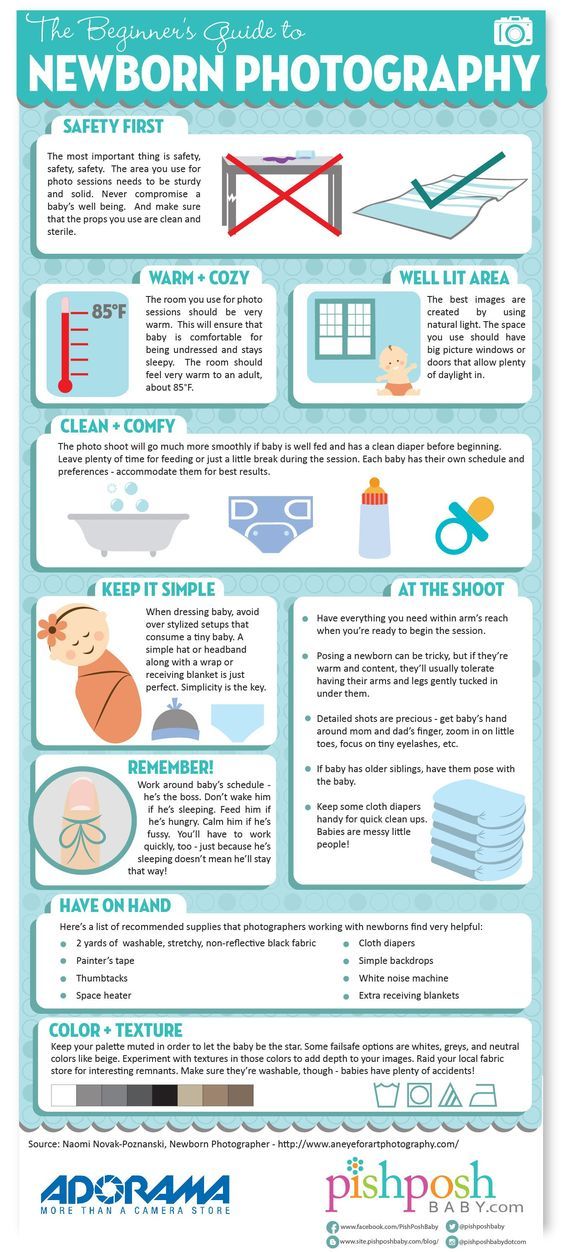
- They have colic and/or are letting off steam. Newborns don’t usually develop colic until around 6 weeks or so, but some crying is normal with newborns. It’s the only way they can communicate. Our job is not to stop their crying as quickly as humanly possible, but to learn to decipher their cries so we can meet their needs appropriately and promptly.
- They are whiny for one of these 8 reasons.
View this post on Instagram
A post shared by Rachel Norman (@momfarfromhome)
Newborn Sleep Schedule SUMMARY
Download and keep this handy to make sure you are prepared for the weeks to come.
Sources:
- American Academy of Pediatrics Sleep Guidelines
- Newborn Sleep Patterns
- How Often To Breastfeed
::
Daily routine for a child under 1 year old
Daily routine is a system for distributing periods of sleep and wakefulness, meals, hygiene and health procedures, activities and independent human activities throughout the day.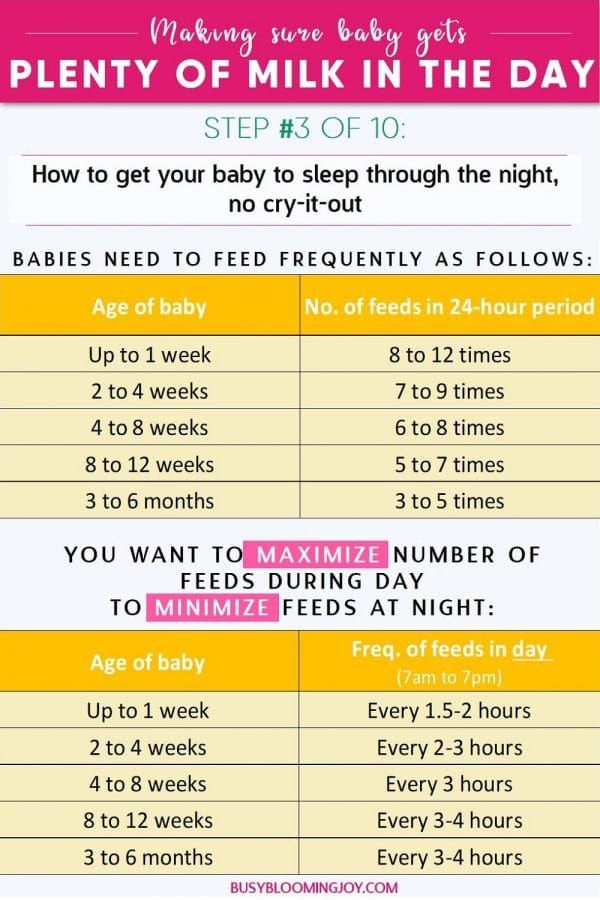
Compliance with a rational daily routine corresponding to the age characteristics of the child contributes to his healthy growth and development. Getting used to performing various types of activities at the same time, the child is prepared for the upcoming type of activity at every moment of time, which ensures their easier and faster implementation. Compliance with the correct daily routine provides a good mood for the child and maintains a keen interest in the study of the world around him, contributing to his normal motor and psychoverbal development.
The child's daily routine includes the following obligatory elements: diet, time spent outdoors during the day, frequency and duration of sleep, compulsory classes to develop skills in accordance with age, free time.
In the first months after birth, a healthy newborn baby sleeps for most of the day, since all external stimuli are very strong for the nervous system of a child, accustomed to a cozy intrauterine environment, and cause its rapid exhaustion. As the child grows older, the duration of sleep gradually decreases and the time of wakefulness increases.
As the child grows older, the duration of sleep gradually decreases and the time of wakefulness increases.
| Age | Daytime sleep mode | Night sleep | Wake mode |
| From birth to 2 months | 6 x 2.5 hours | 6 hours | During feeding |
| 2-4 months | 5 times 2-2.5 hours | 6.5 hours | 4 x 1.5 hours |
| 4-6 months | 4-5 times for 2 hours | 7 hours | 4 times 2 hours |
| 6-9 months | 3-4 times for 1.5-2 hours | 8 hours | 4 x 2.5 hours |
| 9-12 months | 2 x 1.5-2 hours | 9-10 hours | 4 times for 3-4 hours |
Closely related to the sleep-wake mode is the feeding mode of the baby. The sleep of a child in the first months of life is very sensitive and is easily disturbed under the influence of various extraneous stimuli, including hunger.
| Age | Mode | Example |
| From birth to 2 months | 7-8 times, every 3 hours | 6,9,12,15,18,21,24 (no night feeding) |
| From 2 to 6 months | 6-7 times, every 3.5 hours | 6, 9.30, 13, 16.30, 20, 23.30 (without night feeding) 6, 9.30, 13, 16.30, 20, 23.30, 03 (with night feeding) |
| From 7-12 months | 5 times, every 4 hours | 6,10,14,18,22 |
A child's stay in the fresh air is essential in the daily routine. The total duration of stay in the open air for children under 1 year of age should be at least 5-6 hours a day. Fresh air has a calming effect on the baby, improves metabolic processes, and increases the body's defenses. In the summer, all games and activities should be held outdoors; in the cold and transitional seasons, two one-time walks of 1.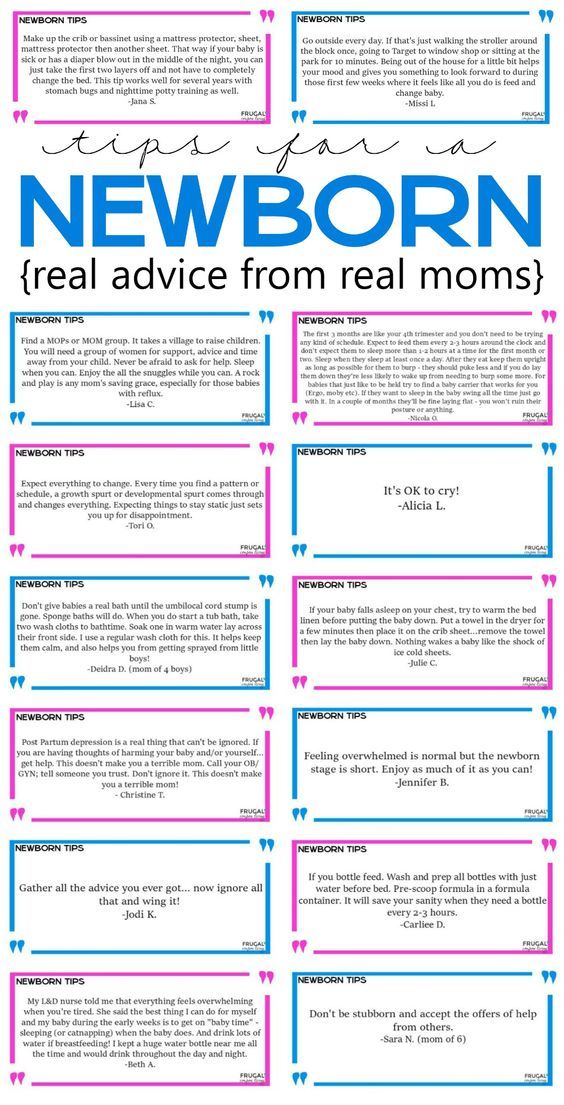 5-2 hours are provided.
5-2 hours are provided.
Fresh air also has a beneficial effect on sleep. By acting on the skin and mucous membranes of the nose and upper respiratory tract, it provides a faster fall asleep of the child and a higher quality of sleep. Sleeping outside can replace a walk, especially during the cold season.
The child's daily routine is generally individual, but ideally, one should strive to ensure that the child eats after waking up, and then stays awake until the next sleep. A well-slept baby eats with appetite and then calmly and actively plays or engages, and tired of games, easily goes to sleep.
When your baby is awake, try to keep him active and cheerful. It is necessary to dress the child in loose clothing that does not hinder movement, provide access to toys appropriate for his age, and most importantly, actively participate in games and activities with the baby as a whole family.
Author - Physiotherapist - DMITRIENKO T.G.
child development from 0 to 1 month
03/01/2019
18
The long-awaited day has come and we finally arrived home with the baby from the maternity hospital. And now, in place of the hospital calmness, where everything seemed so clear, a wave of emotions swept over me. When and how often should I put him to bed? How to combine sleep and feeding from the first days? Should a child have a regime or should not organize a clear schedule?
And now, in place of the hospital calmness, where everything seemed so clear, a wave of emotions swept over me. When and how often should I put him to bed? How to combine sleep and feeding from the first days? Should a child have a regime or should not organize a clear schedule?
All the knowledge was in theory, but it was not easy to put it into practice. Therefore, I share recommendations that it is good for a young mother to know in order to survive such a difficult first month!
Baby's routine
Before we talk about the baby's daily routine, it's useful to remember a few facts about the sleep of babies of this age: Yes, all children are different - some sleep more, others less. But in general, babies need to sleep about 16-18 hours a day.
 Therefore, all actions to organize the child's day regimen will be directed to this.
Therefore, all actions to organize the child's day regimen will be directed to this. Considering these facts, we can say that it is difficult to create a clear day schedule of 1 month.
Daytime sleep
Daytime dreams will not differ from nighttime. During the day, a newborn baby can sleep both 3-4 hours and 20-40 minutes in one dream.
The longest period of sleep can occur in a day.
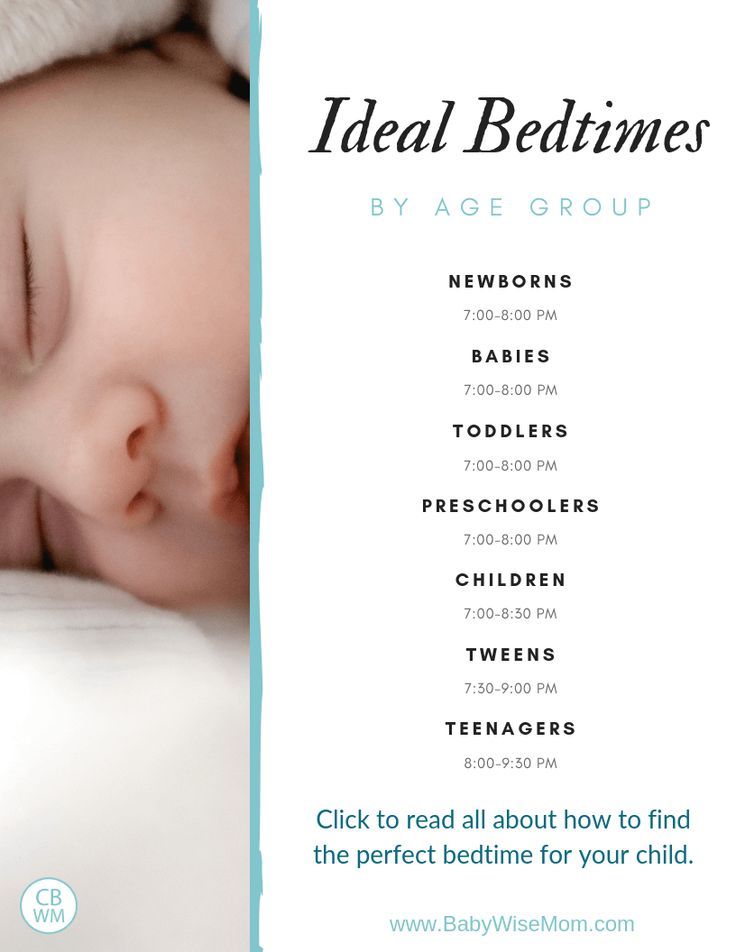
How do you know when a baby wants to sleep again? Focus on signs of fatigue in a child: if he rubs his eyes, looks at one point, sucks his thumb, then it's time for him to sleep. It is also recommended not to exceed the awake time for more than 50-60 minutes if the previous sleep was more than an hour. If the sleep was less than an hour, the period of activity of the crumbs will be the same amount of time. Overworking the child leads to long bedtimes, restless sleep at night and an incomprehensible daily routine.
Sleep at night
Sleep can be about 7-10 hours at night. The baby will wake up for feeding. If in the evening your baby began to cry non-stop for several hours, it may be colic. The period of colic lasts up to 6-8 weeks. After feeding, hold the baby upright - this will help his digestion, do a light massage of the tummy.
If you suspect that crying is not related to colic, be sure to contact your doctor.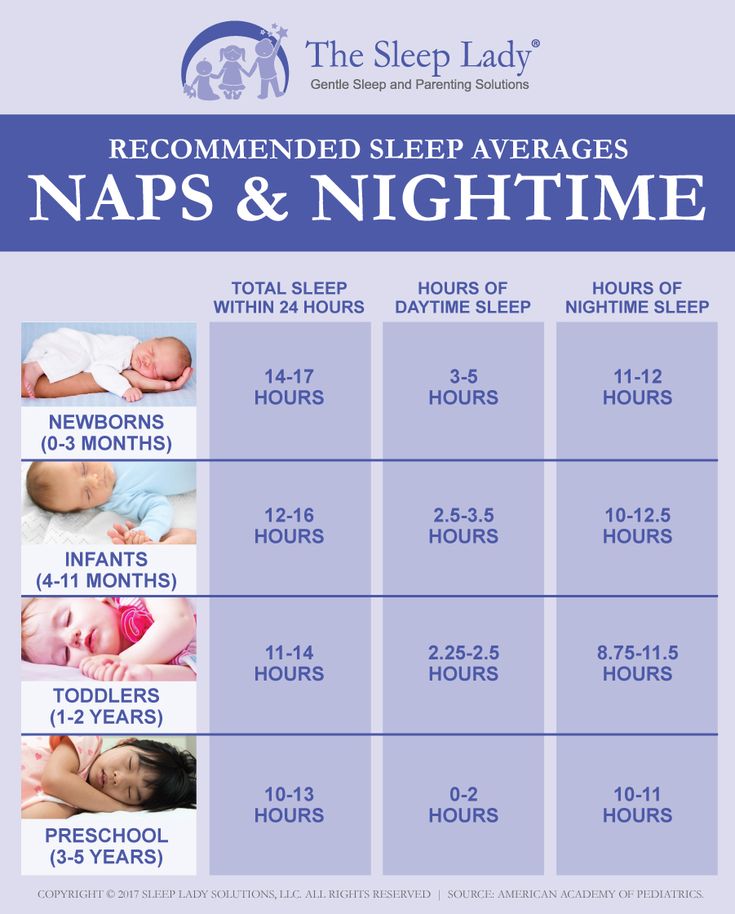 If formula-fed, talk to your pediatrician - it may be that changing infant formula will improve the baby's condition.
If formula-fed, talk to your pediatrician - it may be that changing infant formula will improve the baby's condition.
Confusion of day and night
Until 6-8 weeks of age, babies may confuse day and night due to an immature biological clock.
Take your baby out to bright light during the day and dim the lights at home in the evening. Use a night light with a warm, low light at night during feedings and diaper changes.
How to make it clear to a child of 1 month of age that it is time to start the day or go to bed?
Rituals will come to the rescue - daily repeated actions after waking up or going to bed. In the morning it can be hygiene procedures, and in the evening - bathing, quiet games, swaddling and a lullaby.
Baby bed
To prevent SIDS (Sudden Infant Death Syndrome), certain rules are followed when organizing a baby bed.
-
Always place your newborn on their back.
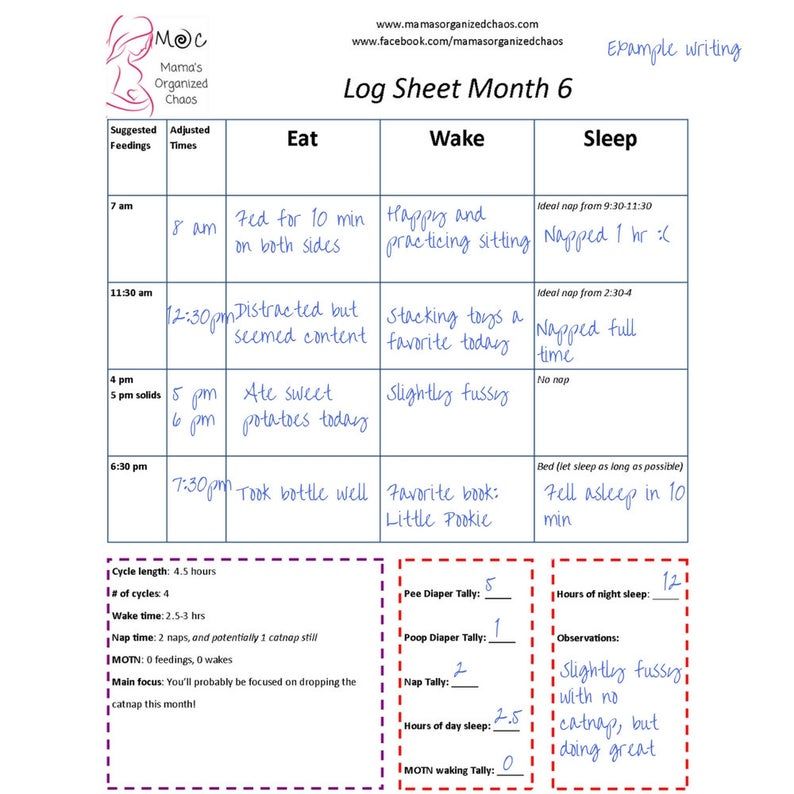 This is the safest position for a baby right now.
This is the safest position for a baby right now. -
Avoid overheating the baby - it is more dangerous for him than the cold. Therefore, pay attention to the temperature in the room: it should not exceed 21-23 degrees in winter and 25 degrees in summer.
-
The child needs to sleep on a flat, firm surface, without blankets, pillows, bumpers, toys or other things.
-
A separate nursery is not needed for up to six months, and sometimes up to a year - a crib in the parents' room is an ideal option for a child to relax. You can remove one wall of the crib and attach it to the bed of the parents. So the baby will be as close as possible to mom at night, but at the same time on a separate surface.
Tips to help your newborn sleep
Feeding your newborn
Feeding on demand is considered to be the best way to manage your newborn's diet.
In the early days, breastfeed as often as possible. This stimulates milk production. We feed from 15 to 90 minutes. Prolonged feeding allows a newborn baby not only to satisfy hunger, but also to survive the stress after childbirth and get used to the new world. After the baby is likely to fall asleep. Night feedings are equally important for both the baby and the mother. They will mostly occur every 3-4 hours.
To improve lactation, also try to feed in the early hours of the night.
If a breastfed baby is eating well and gaining weight, he does not need additional food and fluids until 4-6 months of age.
Walks
An important part of the daily routine of a newborn this month. Walking outside helps set your baby's biological clock and improves sleep. You can walk with a healthy and full-term baby starting from the 10th day of life. Increase the time of outdoor walks gradually until the child is 1 year old, starting from 10 minutes in winter and 20 minutes in summer.